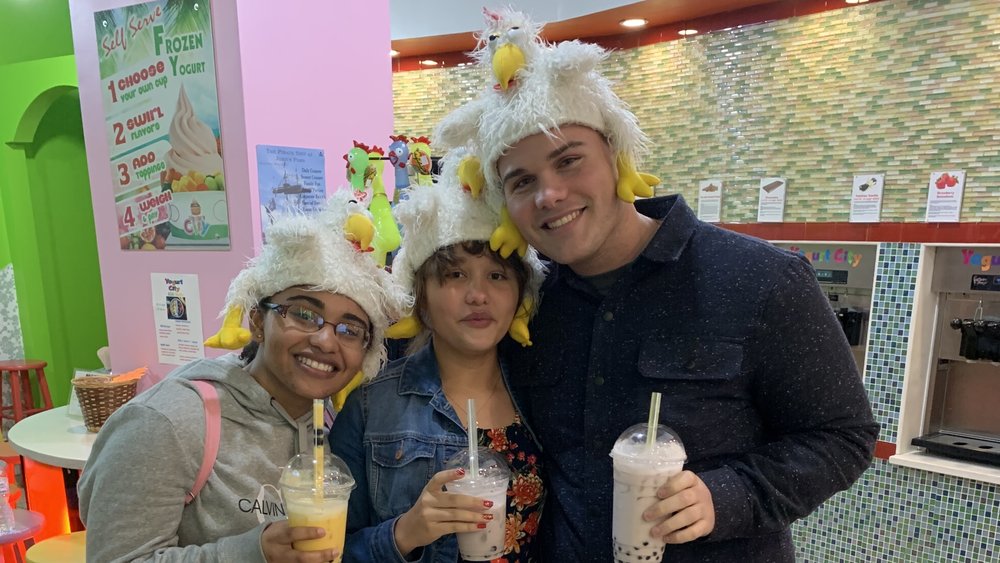During his undergraduate degree, Deyrel Diaz attended a virtual reality hackathon where he tried out an aircraft training demonstration. While Deyrel, a computer science (CS) student, had experience with 3D modeling and coding, seeing the results in action was completely new. “This was the first time I saw the two mediums interact on such an immersive level,” he says. “Seeing how this simulation was used for real-world training and research…I wanted to be a part of that.” Currently, Deyrel is a PhD student studying Human Centered Computing at Clemson University with a focus on mixed reality (AR/VR) research. He also graduated from the most recent class of the CS Research Mentorship Program (CSRMP), an initiative of Google Research to support students from historically marginalized groups (HMGs) in computer science research pathways.
Recognizing that the work CS researchers are doing has broad implications for billions of people around the world, CSRMP aims to ensure that research community represents the experiences, perspectives, concerns, and creative enthusiasm of all people around the world, supporting the pursuit of computing research for HMG undergraduate and graduate students through mentoring, peer networking, and career exploration.
In June, CSRMP graduated a class of 281 students from 110 universities in the United States and Canada . We spoke to Deyrel to learn more about his background and plans for his journey into computing research. This is what he had to say:
What motivated you to participate in CSRMP?
Through programs and conferences, I learned how important it is to have representation in technology development and design. When I read about CSRMP, I saw the opportunity to not only help expand that community by connecting with other professionals in the field, but also to learn alongside some of the best and brightest students from around the world.
How has the CSRMP influenced your research journey?
The group meetings influenced my trip the most. I was able to build relationships with other phenomenal student researchers and my CSRMP mentor. We discuss the challenges we face when conducting computer science research and share many useful tools and resources. These meetings were also a place to find inspiration and motivation, and helped me learn about other career fields, which I could incorporate into my future research.
What are you most proud of?
I am most proud to have won two national scholarships that will fully fund my doctoral studies. The support system that my mentors created for me really helped guide me in the right direction, so thanks to this strong mentorship I was able to achieve this. Additionally, having these scholarships has given me time to participate in programs where I can mentor other underrepresented emerging students and expose them not only to computer science research, but also to graduate school in general.
What advice would you give to students like yourself who are curious about starting their journeys as researchers in computer science?
The field of computer science touches on anything and everything, and if there’s something it doesn’t have, you could be the person to make it happen. That being said, there’s no reason for you to pursue something you don’t love, so look for teachers, hack-a-thons, demos, or certification programs to learn more about different fields and how you can use them in personal projects. Don’t wait for someone to tell you what to do, just start playing and creating something you can have fun with.
Congratulations to all students who graduated from the CS Research Mentoring Program in the first half of 2021! We look forward to supporting future students who are revolutionizing computer science research like Deyrel Diaz. Applications are now open for the September 2021 mentoring cycle; request them before July 28, 2021.
This original article was published.



